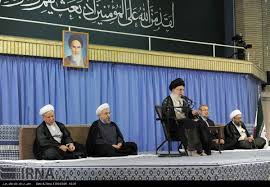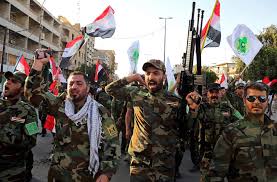February 2016
Amer al-Kaissy, an Iraqi
citizen and United Nations representative in Diyala Province, was abducted by a
Shiite militia group on 26 February 2015 outside a governorate office in the
city of Baquba. Their first motive was ransom money from the family, demanding
$40,000. Amer’s brother was taking action to come up with the money. However,
as the Quds Force entered the scene and the Shiite militia group was barred
from doing such a deal.














